
Clinical microbiology laboratory plays an important role in patient care by providing the cause of infection and antimicrobial susceptibility data to physicians. Rapid diagnosis of pathogens is important for initiating effective antibiotic administration and improving the outcomes of treatment.
The Clinical Microbiology Laboratory provides diagnostic bacteriology, mycology, parasitology, virology, and mycobacteriology services. Specimens are collected from in-patients at the University of Illinois Hospital and out-patient clinics, as well as from a variety of outreach sites around Illinois and the United States. Aerobic and Anaerobic Bacteriology, Mycology, Parasitology, and Mycobacteriology are only a few of the divisions that make up the Microbiology Laboratory.
The Aerobic Bacteriology Section
Isolates and identifies clinically relevant microorganisms from clinical specimens and tests their antibiotic susceptibility. Additional reference identification and susceptibility testing techniques for additional, more difficult bacterial agents are also available, using the Vitek-2 automated equipment.
Performs blood cultures utilizing the BactiAlert system, which allows for continuous monitoring of blood cultures during the incubation period of seven days.
In urogenital specimens, performed amplified probe assays were for the detection of Neisseria gonorrhoeae and Chlamydia trachomatis.

The Mycology Section
Performs identification and anti-fungal susceptibility testing on clinically significant yeast isolates;
Provides identification of pathogenic moulds recovered from clinical specimens, including dermatophytes, moulds causing wound and systemic infections, and systemic mycotic agents such as Histoplamsa capsulatum and Blastomyces dermatiditis
The Parasitology Section
Provides services for the diagnosis of various parasitic infections;
Has a great deal of expertise and provides diagnostic parasitology services to several other local hospitals and clinics;
Specimens submitted for parasitology include stool specimens for the detection of pathogenic amoebae, and flagellates, and for detection/identification of the ova belonging to various nematode (roundworms), cestode (tapeworms), and trematode (flukes) species
Blood specimens are also submitted for the diagnosis and species identification of malarial parasites
The Mycobacteriology Section
Receives specimens for the isolation and identification of acid-fast organisms including Mycobacterium tuberculosis, Mycobacterium avium complex, and other important mycobacterial pathogens
Quick links
Antibiotic Susceptibility Test Discs

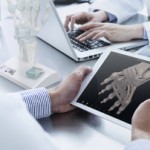
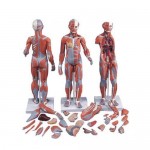
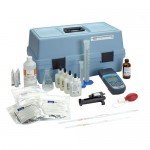
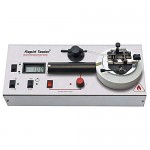
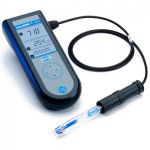
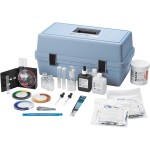



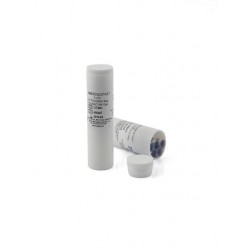
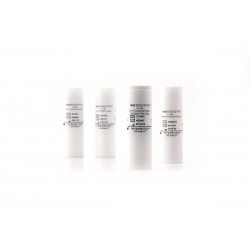
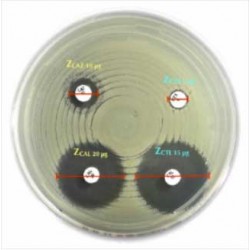
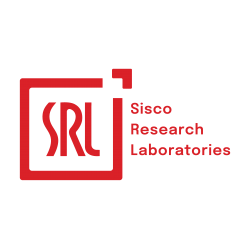
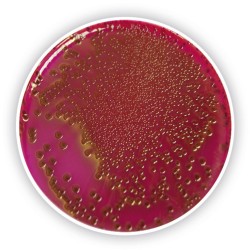
Leave a Comment